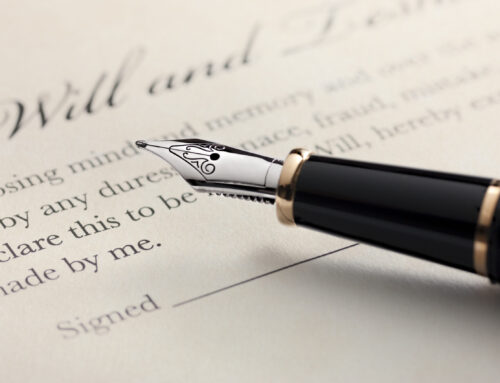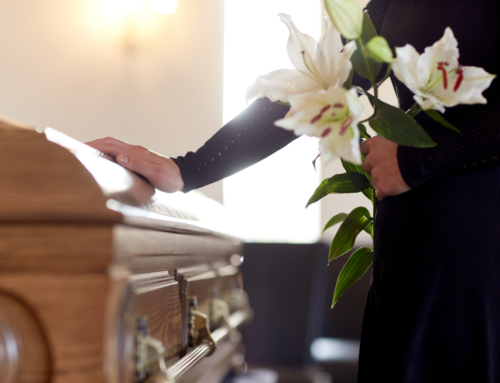When a family member or friend passes away, you may be left to organise their finances, property, and assets in their will. This process is known as probate and as an executor, you will need to ensure that any debts are paid and that the remaining money is distributed according to the wishes of the deceased.
It can be a complicated process, especially if you’re unsure of what responsibilities you have as an executor. To help you understand what you need to do, here’s everything you need to know, including what happens if a will is not probated…
What Is Probate?
Probate basically describes the process of allowing assets to be legally passed on to the appropriate person when someone dies.
In order to start the probate process, you will need what is known as “grant of representation”. This grant basically proves that you have the authority to administer the estate. You may also need to get a “grant of probate” if you are the executor of the will and need to progress further with the deceased’s wishes.
In the case that there is no will at all, you may need to look into getting a “grant of letters of administration”.
The probate process can then continue allowing you to manage the estate and any assets in the will. The only time you won’t need to apply for probate is if you have a property that is classed as a small estate; this is usually less than £5,000.
What Happens If A Will Is Not Probated?
In the majority of cases, there is no way for beneficiaries to obtain legal ownership of a property or obtain their inheritance without starting the probate process. We would suggest probating a will so that you can begin organising the deceased’s affairs, including closing down any bank accounts, sorting money from a pension, or transferring a property.
Until you probate a will, all of the deceased’s assets will be frozen and you have no control over them. This can cause conflict within the family and significant problems in the future if you then choose to probate a will.
It is always best to get a will probated to help alleviate any problems. For example, if you think that the property is joint ownership and decide not to probate the deceased’s will, you could then be left with a double probate situation. This is because when the second partner inherits the property and then passes away, you will have to get both wills probated. If the original property was sole ownership you will have to organise that before you can start on the second will.
Get Help To Probate A Will…
If you’re struggling to understand what you need to do to probate a will, get in touch today. Our expert and friendly team can support you and ensure that everything is handled from start to finish including helping you to organise the finances and assets of a will. Give us a call today…




